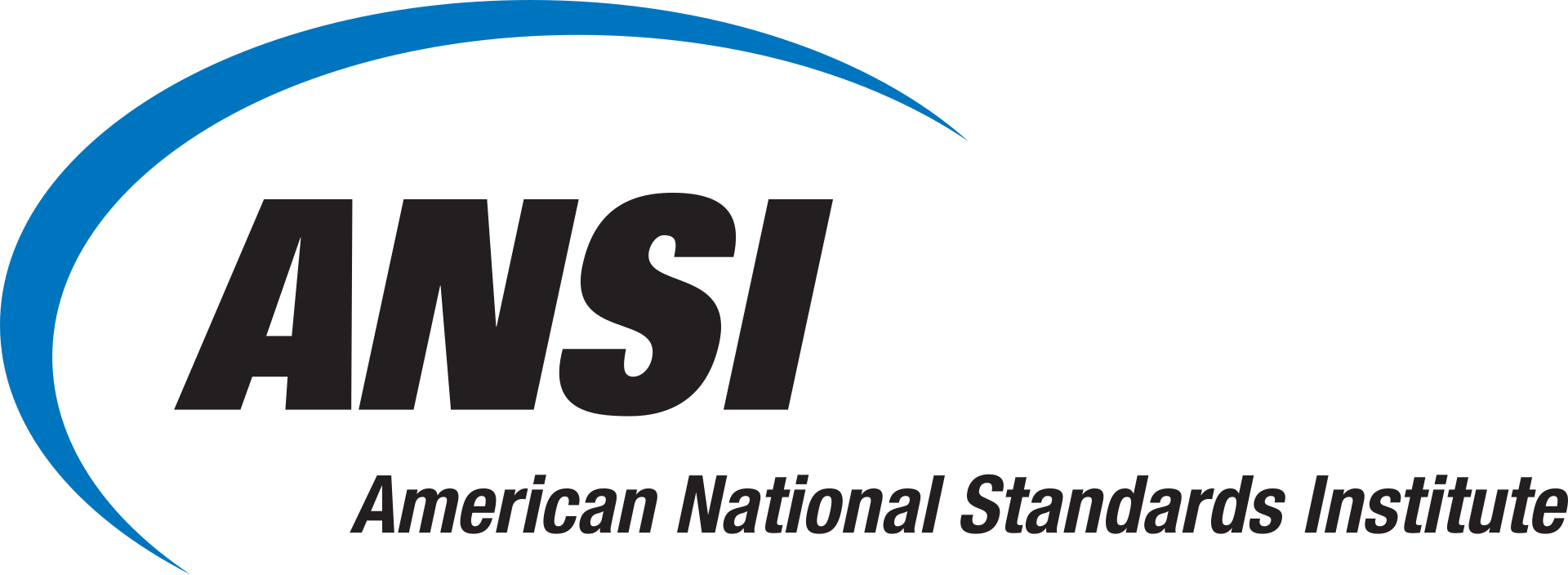Is AI Eroding Our Critical Thinking Skills?

Do you need to make a grocery list, schedule appointments to your calendar, or figure out navigation directions? “Cognitive offloading” is the practice of reducing mental effort by delegating cognitive tasks to external aids like artificial intelligence (AI). This trend is particularly noticeable among younger users and those with less education, who may rely more heavily on AI for tasks they perceive as challenging or time-consuming. While AI tools can save time and reduce error, there is concern that frequent cognitive offloading reduces a person’s ability to independently think and solve problems, and thus over-reliance on AI might be eroding users’ cognitive skills.
Importance of Critical Thinking
Critical thinking is the ability to analyze, evaluate, and synthesize information to form a judgment. It is about making connections between ideas and recognizing biases. People who rate highly in scientific measurements of critical thinking get better grades in school, are more adept at their jobs, and less susceptible to manipulation. Critical thinking also serves as our primary defense against misleading or inaccurate information.
The Downside of AI: Weakening Critical Thinking Skills
Using AI frees up users’ cognitive resources. Instead of using this extra time and brain power to problem-solve or create, users tune out by engaging with television streaming platforms or perusing social media (i.e., other content served by AI algorithms). Essentially, as people are increasingly offloading cognitive tasks to AI tools, their ability critical dissect information, discern biases, and partake in reflective reasoning is diminishing.
Studies Show Using AI Correlates to a Decline in Critical Thinking
Studies suggest that individuals who rely heavily on AI for information and decision-making may experience a decline in their ability to analyze problems independently and engage in reflective thinking.
Gerlich (2025) used a mixed-method approach, combining survey data with in-depth interviews. A total of 666 participants from diverse age groups and educational backgrounds completed a survey assessing their AI tool usage, cognitive offloading habits, and critical thinking skills. The survey incorporated standardized measures of critical thinking, including self-reported assessments and performance-based evaluations. The study suggests that frequent reliance on AI tools may negatively affect critical thinking abilities, largely due to cognitive offloading. Gerlich (2025) also found that younger individuals (ages 17-25) exhibit higher AI dependence, and higher education serves as a protective buffer against cognitive offloading.
A study conducted by MIT’s Media Lab divided 54 subjects (18- to 39-year-olds from the Boston area) into three groups, asking them to write several SAT essays using Open AI’s ChatGPT, Google’s search engine, or nothing at all. Researchers used an electroencephalogram (EEG) to record the subjects’ brain activity across 32 regions and found that of the three groups, generative AI (GenAI) users had the lowest brain engagements and consistently underperformed at neural, linguistic, and behavioral levels. This study suggests that AI may harm learning, particularly for young adults.
Lastly, a study by Microsoft (2025) focused on knowledge workers (someone whose primary job involves creating, distributing, or applying knowledge) and their perceptions of where and how critical AI impacts thinking. The study found that the higher self-confidence a user has is directly correlated to more critical thinking, while higher confidence in GenAI’s ability to perform a task is related to less critical thinking effort. Hence, while GenAI can improve worker efficiency, it can inhibit critical engagement with work and can potentially lead to long-term overreliance on the tool and diminished skill for independent problem-solving.
Ultimately, these studies show that AI tools can provide users with quick solutions, but over-reliance on these tools may reduce opportunities for deep, soulful cognitive. Both higher education and confidence in one-self to develop informed judgements provide buffers against cognitive offloading and hence losing critical thinking abilities to AI.
Using ISO 42001 AI Management to Assist Critical Thinking Skills
In today’s AI-driven world, ISO 42001, the international standard for AI management, can play a significant role in developing and honing critical thinking skills. By adopting the principles and requirements of ISO 42001, organizations can build a structured framework that encourages critical thinking throughout the AI system lifecycle, from initial design to deployment and ongoing operation. This systematic approach fosters transparency, accountability, and ethical considerations, ultimately promoting the responsible development and use of AI technologies.
ISO/IEC 42001:2023—Information technology – Artificial intelligence – Management system is available on the ANSI Webstore and in the following Standards Packages:
- ISO/IEC 42001 / ISO/IEC 42005 / ISO/IEC 42006 – Artificial Intelligence Package
- ISO/IEC 42001 / ISO/IEC 22989 / ISO/IEC 23894 – Artificial Intelligence Package
- ISO/IEC 42001 / ISO/IEC 23894 – Artificial Intelligence Set
- ISO/IEC 42001 / ISO/IEC 23894 / ISO/IEC 42006 – Artificial Intelligence Package
- ISO/IEC 5338 / ISO/IEC 8183 / ISO/IEC 42001 – Artificial Intelligence Package
You can learn about how to use AI to enhance critical thinking in our blog post – Enhancing Critical Thinking with AI: A Practical Guide.






